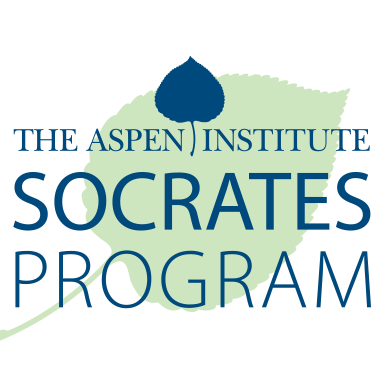Postponed – 2020 Socrates Bay Area Salon




A New World Order, International Cooperation
– the UN at 75
“At this time when global fault lines risk exploding, we must return to fundamental principles,” he said. “We must return to the framework that has kept us together. We must come home to the UN Charter.”
– António Guterres, Secretary-General of the United Nations
The international framework of democratic ideals, peace, and cooperation was the creation of a generation that experienced the ravages of World War II. Many civil society institutions were created by these leaders with the United Nations being the most comprehensive in scope and global impact. The United Nations was founded in the aftermath of World War II on October 24, 1945, to prevent another devastating conflict. The Charter of the United Nations was signed on 26 June 1945, in San Francisco. The 51 founding members hoped this new body would succeed where its predecessor, the League of Nations, had failed in maintaining global peace and security.
75 years later, as the world has become more interconnected than ever before, it still faces a host of problems that will require global cooperation. Setting aside the imminent threat of climate change, international stakeholders are not on track to achieve the Sustainable Development Goals (SDGs) that were collectively set for the 2015-2030 period. On account of this, how can we collaborate to address the inequalities that exist across gender, social, health and environmental pillars? These imbalances reiterate the idea that “a new world order” must be built, through a combination of efforts where regional cooperation and respect for sovereignties are strengthened, and better world governance prevails.
A dialogue on global action to achieve this can not be more urgent. Delivering on the SDGs by 2030 will require collaboration across the private sector, governments and civil society, catalytic investment and innovation, as well as fresh thinking about economic paradigms and business models. Hosted in partnership with UNICEF and Google, the San Francisco Socrates Salon will examine the UN efforts as it marks its 75th year, exploring the new world order of international cooperation, outlining what progress has been made thus far and focus on how we will shape our future, together.
Friday Evening Reception
75 years ago, China was the first country to sign the UN charter, an honor bestowed as the first victim of aggression by an Axis power. Fast forward to 2020, China faces a new kind of threat: an outbreak of a strain of coronavirus that had not been previously identified in humans. The outbreaks of COVID-19, Ebola, and others underscore once again the vital importance for all countries to invest in preparedness. Two years ago, WHO and the World Bank founded the Global Preparedness Monitoring Board, an independent body to assess the state of the world’s readiness for a pandemic. Health is one of the few areas in which international cooperation offers the opportunity for countries, agencies, and society to work together for a common cause. But, even with all these efforts, are we actually prepared?
When globally, pneumonia, diarrhea, and malaria remain among the leading causes of death among children under age 5, how much progress have we really made? Three decades ago, polio paralyzed or killed almost 1,000 children every day. Today, 99 percent of those cases have been eliminated. Many of the interventions behind this progress – such as vaccines, oral rehydration salts, and better nutrition – have been practical and cost-effective. Moreover, the rise of digital and mobile technology, access to humanitarian data and other innovations have made it easier and more efficient to deliver critical services in conflict and crisis situations and hard-to-reach communities. This expands the opportunity and ability to respond appropriately and with accountability, yet there is so much more to be done. This session will explore these topics and aim to answer the question, how do we build a future that is fit for the next generation: one that protects their planet, their health, their rights?
For more information, please contact socrates@aspeninstitute.org